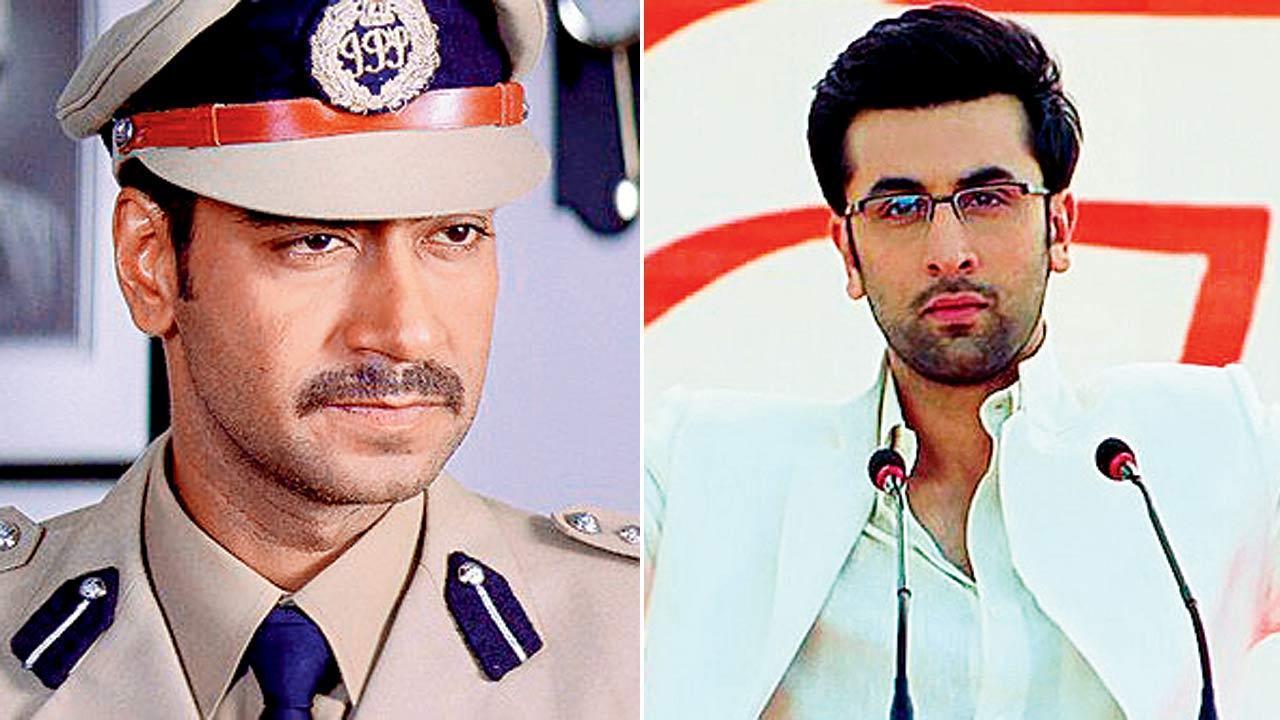
The Central Board of Film Certification (CBFC) in India has recently escalated its efforts to caution audiences against alcohol consumption by mandating a surge in anti-liquor disclaimers in both Hindi and foreign films. A comprehensive review of the CBFC’s recent cut lists, as reported by The Hindu, reveals a new wave of stringent regulations affecting films that portray scenes involving alcohol use.
The phenomenon has become evident through British and Hollywood movies showcased in Indian cinemas. The British film “All of Us Strangers,” assigned an ‘A’ certificate for adult viewing and containing significant references to alcohol abuse, now features the anti-liquor watermark for a considerable part of its runtime. Similarly, “Next Goal Wins,” directed by famed filmmaker Taika Watiti, which premiered in India last month, also sports these warnings during scenes of alcohol consumption.
Hindi films are not exempt from this trend. “Dhaaak,” under the direction of Anees Barudwale, was subject to the same regulation when it released in February. The horror feature “Late Night with the Devil,” which graced screens this month, also bears the disclaimer, signaling a unified approach across cinematic genres and languages.
India has a history of cautioning viewers about nicotine use in films, with stern tobacco warnings being omnipresent. The statutory requirements, emanating from the Ministry of Health and Family Welfare, were cemented in 2012 with the Cigarettes and other Tobacco Products (Prohibition of Advertisement and Regulation of Trade and Commerce, Production, Supply and Distribution) Amendment Rules. These rules enforce watermarked warnings in scenes that depict the consumption of tobacco products.
In certain regional jurisdictions, these preventative measures extend to alcohol. Kerala, exercising provisions under its Abkari Act, mandates anti-liquor notifications in films, with offenses previously attracting jail terms. However, a recent amendment—awaiting the Governor’s assent—aims to transform the punishment into a monetary fine of ₹50,000. Similarly, Tamil films incorporate such disclaimers in scenes exhibiting alcohol consumption. The CBFC further ensures that liquor brand labels are blurred in all language films, unless those brands are entirely fictional.
The Union government holds the constitutional power to approve or censor films under the Constitution’s seventh schedule, a responsibility that falls to the Ministry of Information and Broadcasting as per the Allocation of Business Rules. However, the CBFC, an autonomous body under the Ministry, dutifully enforces both state laws and Health Ministry regulations regarding warnings during scenes of smoking and alcohol consumption.
The intensified enforcement of liquor warnings in foreign and Hindi movies constitutes a relatively new practice, although it is not without precedent. For instance, in 2014, the film “Happy New Year” was mandated by the CBFC to include such warnings to secure a ‘U’ certificate, indicating suitability for all ages. At that juncture, then CBFC chairperson Leela Samson stated that the film’s universal appeal was a leading factor for the imposition of the watermark.
The Ministry of Information and Broadcasting laid the groundwork for this cautious stance in a 1991 notification. This notice articulated a principle for the CBFC to ensure that film scenes do not endorse or glorify alcohol consumption.
Today, as the CBFC extends its application of anti-liquor disclaimers to a wider array of films, it reflects an enduring commitment to safeguarding public health and societal values in a rapidly evolving cinematic landscape. However, as the cinematic world continues to grapple with these measures, it raises critical questions about creative freedom, censorship, and the role of disclaimers in influencing audience perceptions.










